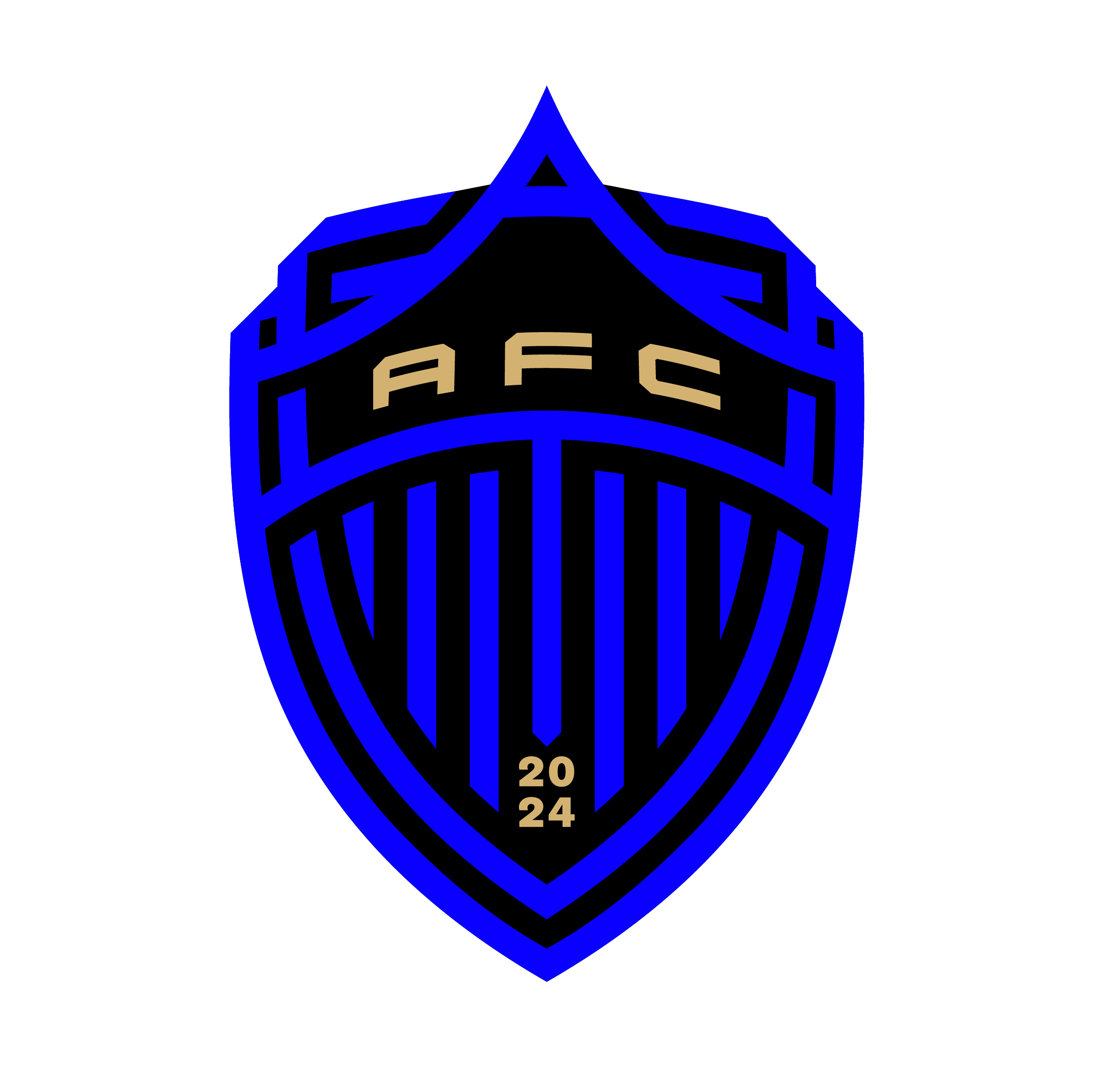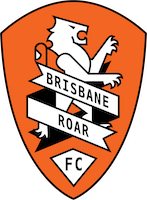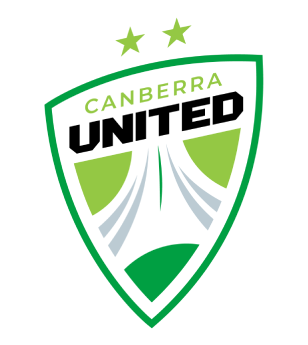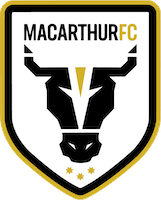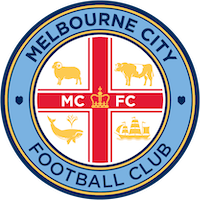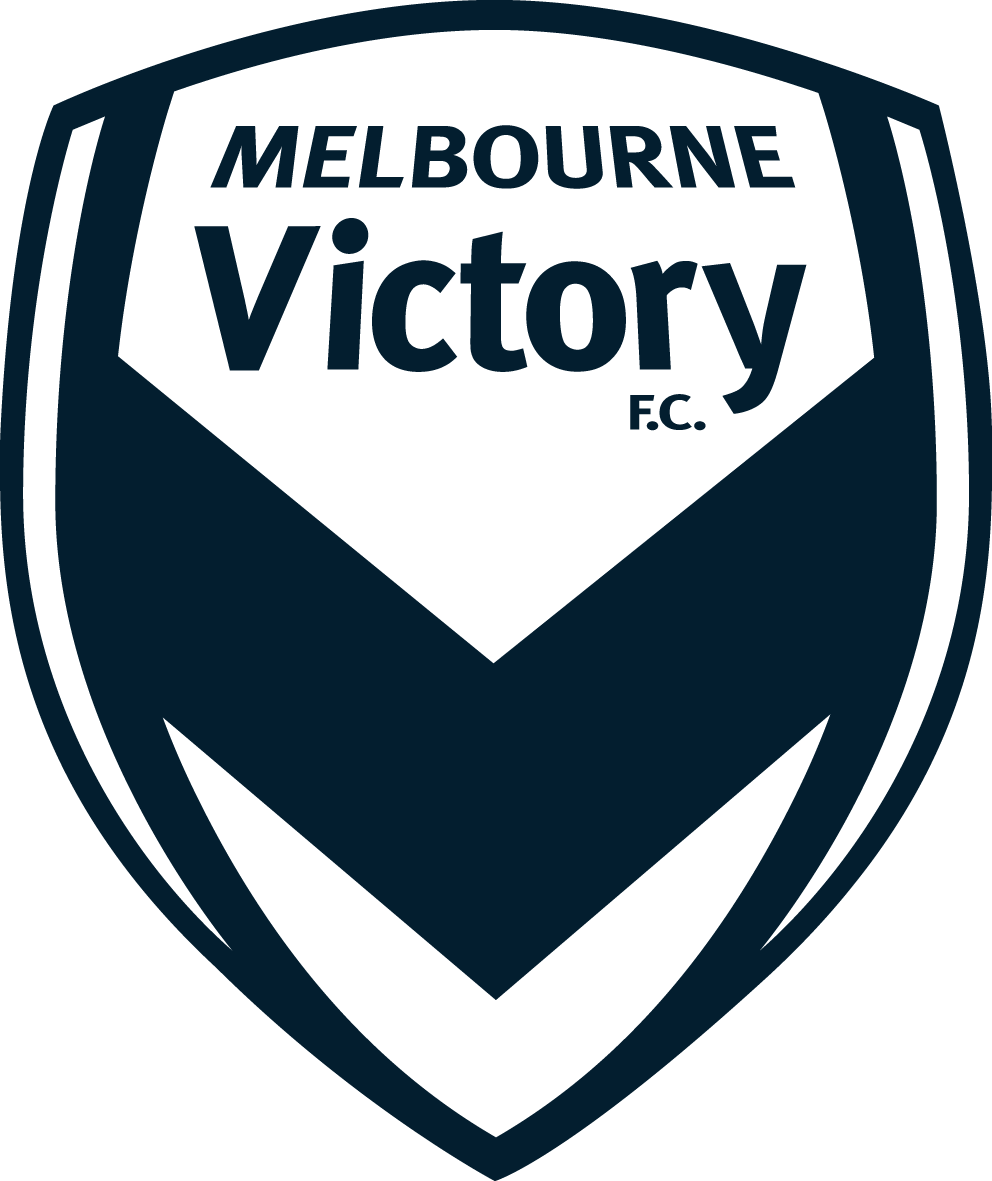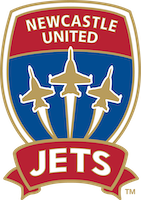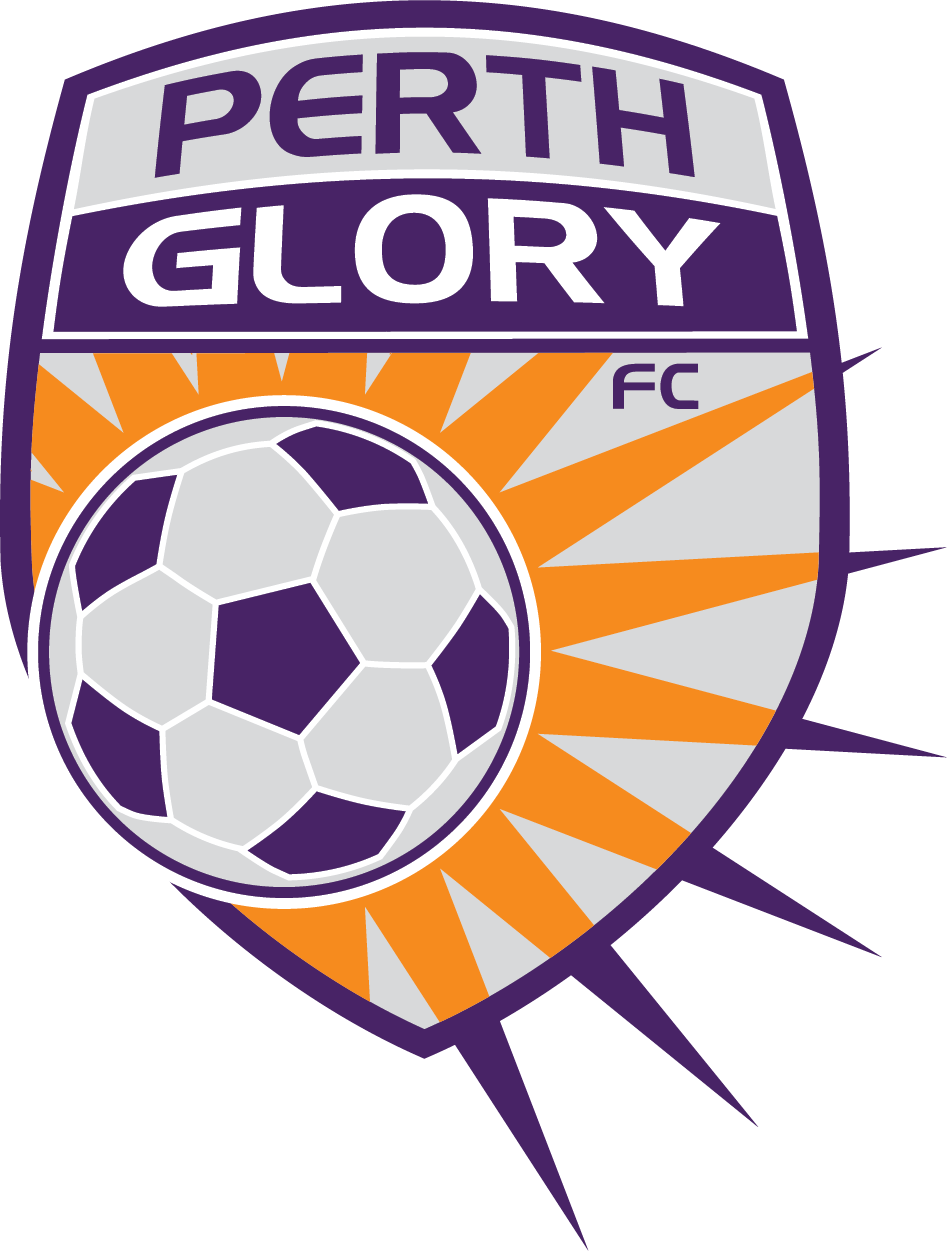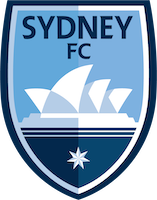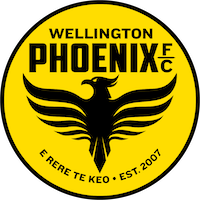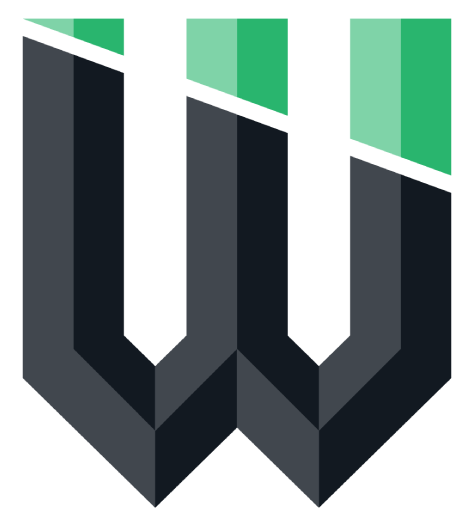Strebre Delovski has made the move to the board room and the former referee talks to KEEPUP’s Sacha Pisani about the transition.
When you think about referees and life after officiating, becoming a CEO of a football club isn’t exactly the first thing that springs to mind.
But Strebre Delovski has made the fascinating transition from the middle of the field to the board room with Wollongong Wolves in NPL NSW.
Widely regarded as one of Australia’s greatest officials, former A-Leagues and FIFA referee Delovski was appointed Wollongong CEO in February.
Though for Delovski, who called time on his storied 25-year refereeing career in 2016, the chance to step into the CEO world is not something he envisioned.
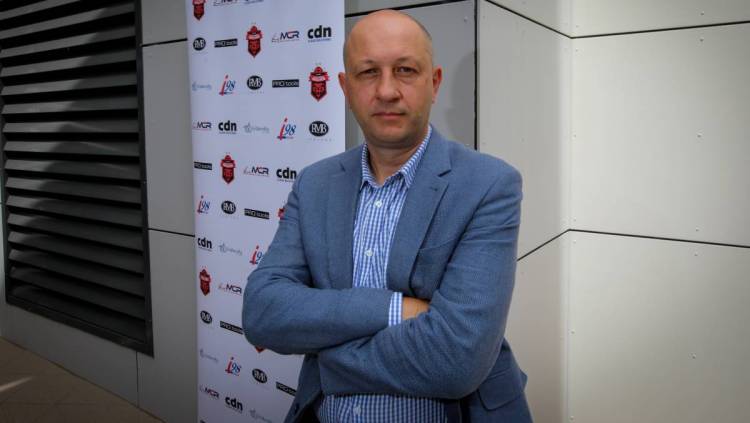
“Refereeing has been my life,” Delovski told KEEPUP.
“I went from active refereeing into refereeing administration so to speak. Whether it was president of the professional referees association or then moved onto a couple of years with football Australia and the league.
“My contract expired last year and basically I was sitting at home when the Wolves came knocking on my door. It wasn’t something I was looking to get into. I was always refereeing and that’s what my passion was.
“The Wolves thing just really came out of the blue. I felt honoured to be approached. I’m a local boy, born and bred in Wollongong.
“I thought, well here is an opportunity to make a difference. Whether it’s higher honours with Wolves in regards in trying to get into the A-League. There’s still aspirations for that.
“Or just from a local point and grassroots to say this is how I think we could to do things better in our region.”
Strebre the referee
When it comes to referees in Australia, there weren’t many better than Delovski.
After getting his first start in the Illawarra league as a 15-year-old in 1990 and opting for a refereeing career over playing, a roll call of achievements followed.

Delovski – who oversaw A-League Men Grand Finals, FIFA internationals and AFC Champions League finals – was named as the A-Leagues Referee of the Decade by the Professional Footballers Association (PFA).
Called up to referee in the A-Leagues’ first season in 2005, Delovski went on to claim the competition’s Referee of the Year and Zurich Referee of the Year in 2009-10, having also scooped the PFA gong the season prior.
Delovski was promoted to the FIFA referee panel in 2009.
“I originally started like most kids, started refereeing at 15 years old basically for a bit of pocket money,” he said. “Not knowing where it could take you.

“Generally 95% of people who start refereeing through those age groups do it for the money. Without any idea of FIFA, A-League and how you get there. From a players point of view, career path is more mapped out and you know you have to play here and go there.
“From a refereeing point of view, that didn’t exist. You learn yourself because there’s not much support. However, as you get on and probably having a football background helps in that.
“I started refereeing and progressing through the Illawarra ranks very quickly.
“I joined the state league branch in Sydney and started refereeing lower leagues of NPL in NSW Football. I think it gave me a lot of experience refereeing division four reserve grade and refereeing men of different ethnic cultures. That helped me a lot in experience of dealing with different players.”
At the centre of VAR
After putting his whistle down at the end of the 2016 ALM Finals Series, Delovski was appointed as one of the inaugural video assistant referees in the A-Leagues.

The A-Leagues was the first top-tier football league in the world to implement the technology in 2017.
A football “traditionalist”, Delovski – who also served as Director of Referees – conceded he was “sceptical at the start”.
“For me, it’s all about education,” he said. “People are still unsure about VAR and how it works.
“High level with VAR and there is a lot of grey area in this because you have humans making decisions. Football is not black and white. The only black and white part of the game is offside. Everything else is grey and open to interpretation.
“The way I ask people when they give me the stuff around VAR, positive or negative, is the Thierry Henry handball that sent France to the [2010] World Cup over Republic Ireland, are you happy for that to stand?
“Every single person says no. Okay, if that’s the case, that is what VAR is brought in for. The Diego Maradona handball… these types of decisions that change games, World Cup finals are decided on etc. That’s the way you should look at VAR, it should fix the howler.
“Where it starts to get a bit grey or open to interpretation, the person in the VAR box has to make a decision when they view and it’s only whatever camera angles are available by the broadcaster.

“Some games are maybe classified as a category A match and there’s 20 cameras. Some games are classified as a category C games and there’s only six cameras. The video referee can only see what’s available to them. Obviously the more cameras the better.
“It’s quite a different mentality to a referee. So the referee is there, they look at an incident, they have a split-second to make a decision, they have to decide whether it’s a correct decision.
“From a VAR point of view, they’re saying, righto, it might not be the right decision, however, is that an absolute howler to get involved and say you need to come and have a look at this to overturn a decision?
“That grey area of when to get involved and when not to. It’s not about your opinion, whether it’s right or wrong. It’s a different mentality to say, is it an absolute howler where there are 20 non-football people in a room and 20 non-football people say they got it wrong. That’s the impact it’s got to have. Like the Thierry Henry handball.
“This is why there’s a lot of people saying how did they get it wrong? Okay, that’s your opinion. My opinion is going to be different to yours on certain incidents. If it comes down to an opinion, the VAR should not get involved.
“Now, ultimately, what’s clear here is the referee makes final decision, it’s not the VAR that makes the decision, it’s the referee. The VAR will say ‘hey, I think you’ve really made a big error here, come have a look at it’. That’s the difference between refereeing and the VAR.

“Is there work to be done? For sure. Are you going to get consistency in it? No because again everyone has a different opinion on an incident. You can bridge that gap, you can make it closer in regards to when to get involved.
“You can set the bar at a very high level of not to get involved. Certain leagues around the world set bars very low or very high. This is really the issue because people watch the Premier League, Serie A and Bundesliga and VAR in all those countries is quite different.
“UEFA might have a different bar, a certain league might have a different bar of intervention compared to another league. People watch and they go, ‘how is that, that and how is that, that?’. Every decision and incident is very different.
“It has a different ingredient in every single one and this is why VAR has caused so much controversy.”
The switch to admin
“For those people who know me, I don’t do things half-hearted.”
Sitting at home at the end of his contract with Football Australia, the Wolves job came out of the blue but Delovski is motivated as ever to make an impact.

“I got into this thing because I know the potential, I know where we can get to,” he added.
“There is a fire in the belly now. It’s a new chapter in my life to say I’ve gone from refereeing to the board room or administration.
“Here’s a club Wollongong Wolves that everyone knows, the brand is respected, the club was part of the NSL, part of one of the greatest ever Grand Finals, not if you’re a Perth supporter in 2000.

“Everyone knows the Wollongong Wolves brand, whether it’s domestically or internationally, it’s there. I want to build on that and take it to the next level. Aspirations, whether it’s national second division or direct to the A-League, this is where I want to take the club.”
Making an impact in Illawarra
“The thing with Wollongong, it’s quite unique that we’re not just a football team. We represent a region, we represent Illawarra fundamentally.”
Those were the words of Delovski and the 46-year-old is hoping to use his experience in football to help take the Wolves to the next level.
Next year will see Central Coast Mariners-bound Socceroos great Luke Wilkshire replaced by another big Australian name in the Wollongong dugout – David Carney.

“Whether it’s FIFA, the professional game all the way down to grassroots, I’m lucky that I’ve gone through that system and I know the issues at all levels of the game and hopefully I can help,” said Delovski.
“Whether that’s A-League, international level still, NPL or just the Illawarra Premier League, I still feel I make a positive contribution to the game.”

The goal?
“Build a home of football. A region like Illawarra so rich in history doesn’t even have a home of football,” he said. “We have one synthetic pitch in all of Illawarra, which is quite embarrassing.
“If I can bring an A-Leagues team, get a long-term home for the Wolves then it’s a drop the mic moment. We say, that’s it, I’m done, I’ve achieved what I’ve wanted to achieve.
“Fortunately or unfortunately when you have football in your blood and you’re so passionate about it, you can’t stay away.”

